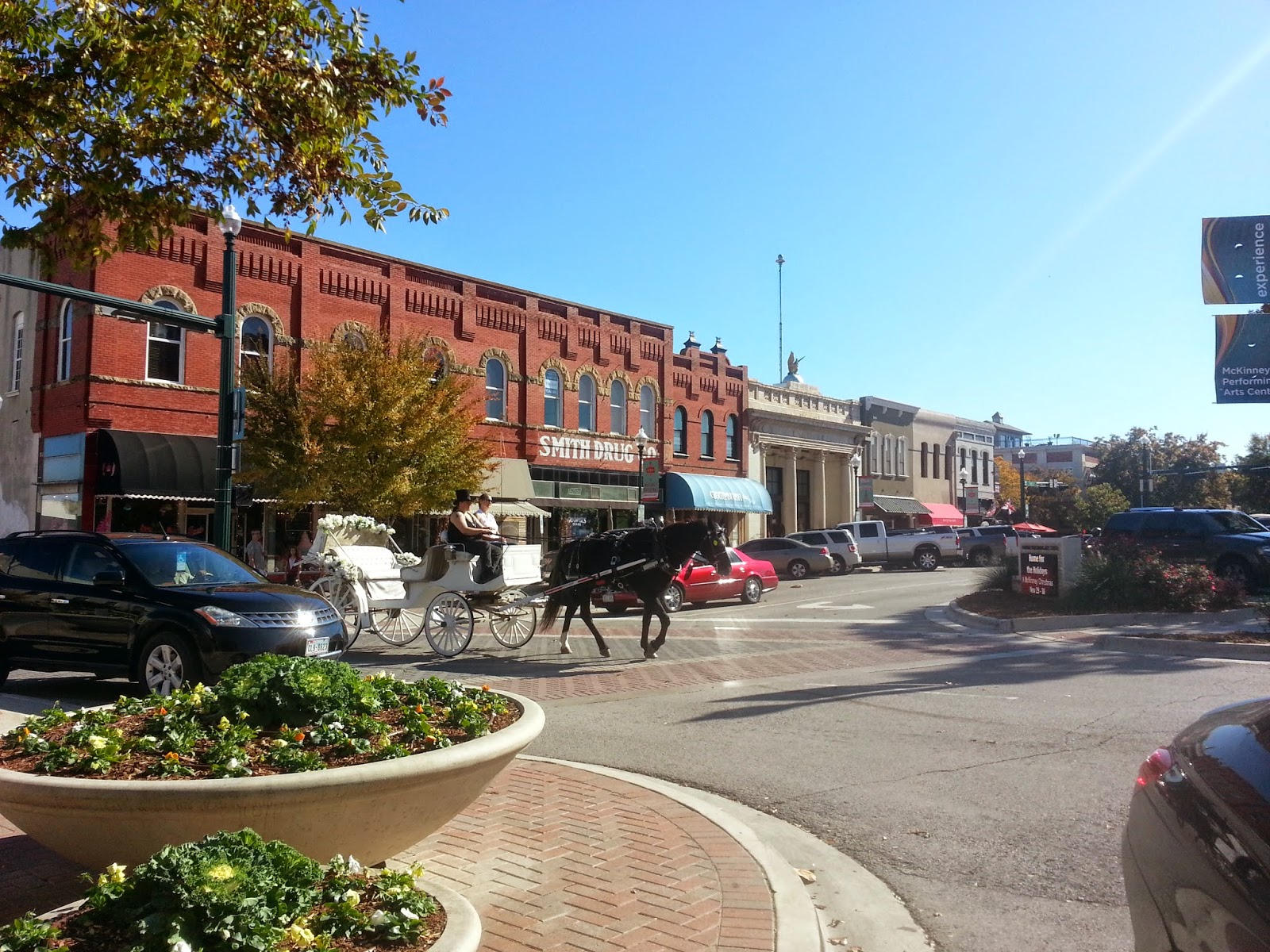Selecting a Community
Most people who are moving ask for a home with specific features (a certain number of bedrooms or
bathrooms, etc.) which is located "in a good community". However, it is important to keep in mind
that your idea of a "good community" can be very different from that of others and maybe even the
agent who is helping you find a home.
What you need to do is consider how a community will meet your lifestyle needs and how "safe" a
neighborhood is. We put "safe" in quotations because no community is 100% safe. Your local police
department maintains crime statistics from FBI reports and is an excellent source of crime information. Other sources include on-line reports from the FBI and reports from private sources.
When evaluating crime statistics, consider property crimes versus personal crimes. Property crimes
range from vandalism to burglary. Most communities have some level of history with property crimes, so it is necessary to evaluate the extent of these crimes. Personal crimes can range from harassment to homicide. Understandably, most people would not like to live in a community that has a high record of personal crimes. When choosing a neighborhood, consider if you can go out at night with a reasonable level of certainty you won't become a victim of a personal crime. Keep in mind that statistical reports don't always tell the whole story; in urban areas, for example, the distance of a few blocks can make a big difference in how "safe" a community is.
Another consideration is what your preferred lifestyle is and how a specific community can fulfill
those needs. One way to evaluate your lifestyle needs is to make a list of all the activities you
like to do in your current community and those you'd like to be able to do in your new community.
Also write what you don't like about where you live now. Do you like a busy community with lots of
activities? Do you like outdoor activities? Is it important to have a variety of restaurants and
shopping within a certain distance? Do you like seclusion and quiet? What community public
resources do you currently use (schools, community colleges, library, day care, recreation center)?
Rank these preferences in order and seek communities that satisfy most of your needs. It doesn't
hurt to create a list of resources for each community you're considering. Many times the local city
hall will have a packet of community resources. For information on local schools, check out our
school information section within each community.
Do your homework in choosing a community. A really nice home in a not-so-nice neighborhood is not necessarily a good investment, but a home in the right community can make your home ownership experience both satisfying and financially rewarding.
Contact us for friendly, expert advice and helpful resources to assist you.
bathrooms, etc.) which is located "in a good community". However, it is important to keep in mind
that your idea of a "good community" can be very different from that of others and maybe even the
agent who is helping you find a home.
What you need to do is consider how a community will meet your lifestyle needs and how "safe" a
neighborhood is. We put "safe" in quotations because no community is 100% safe. Your local police
department maintains crime statistics from FBI reports and is an excellent source of crime information. Other sources include on-line reports from the FBI and reports from private sources.
When evaluating crime statistics, consider property crimes versus personal crimes. Property crimes
range from vandalism to burglary. Most communities have some level of history with property crimes, so it is necessary to evaluate the extent of these crimes. Personal crimes can range from harassment to homicide. Understandably, most people would not like to live in a community that has a high record of personal crimes. When choosing a neighborhood, consider if you can go out at night with a reasonable level of certainty you won't become a victim of a personal crime. Keep in mind that statistical reports don't always tell the whole story; in urban areas, for example, the distance of a few blocks can make a big difference in how "safe" a community is.
Another consideration is what your preferred lifestyle is and how a specific community can fulfill
those needs. One way to evaluate your lifestyle needs is to make a list of all the activities you
like to do in your current community and those you'd like to be able to do in your new community.
Also write what you don't like about where you live now. Do you like a busy community with lots of
activities? Do you like outdoor activities? Is it important to have a variety of restaurants and
shopping within a certain distance? Do you like seclusion and quiet? What community public
resources do you currently use (schools, community colleges, library, day care, recreation center)?
Rank these preferences in order and seek communities that satisfy most of your needs. It doesn't
hurt to create a list of resources for each community you're considering. Many times the local city
hall will have a packet of community resources. For information on local schools, check out our
school information section within each community.
Do your homework in choosing a community. A really nice home in a not-so-nice neighborhood is not necessarily a good investment, but a home in the right community can make your home ownership experience both satisfying and financially rewarding.
Contact us for friendly, expert advice and helpful resources to assist you.
Michael L. Brownstead, ABR, GRI, SRS Realtor® Keller Williams Realty
E-mail: MBrownstead@msn.com, Phone: 214-872-0400
